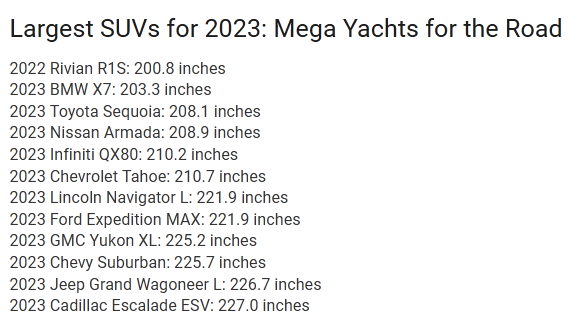With all the hype on EV vehicles I thought it’s time to do a reality check as 90% of car reviews just quote the manufactures specifications and not the real time experiences and only how many fast charges have been installed.
I Watched an SBS on Demand show called “guy-martin-the-worlds-fastest-electric-car”
Guy Martin TV personality and motor cycle racer did an 1100 mile round trip in England in a Hyundi Ioniq electric vehicle. Here’s what he found:
Hyundi say it will do 300mile on a full charge on average roads and average of variable driving, but his mainly constant driving on a motorway won’t get that range.
He found after 50 miles the battery was depleted to 69% left (meaning a range of 161 miles).
After 155 miles he only had 10% battery left while trying to find a fast charger, car said range left = 18 miles ( for total range of 173 miles).
First charger wouldn’t accept his credit card had to find another one quickly.
The next charger was the latest at 7 times the power of a normal fast charger but pricey (he swore a lot) 70p per Kwh (home electricity was 15p/Kwh normal fast charger 30p/Kwh). It promised to charge the car to 80% in 18minutes, it actually took 1 hour to fully charge. Sometimes he would get desperate to find a working charger before battery level droped to zero.
Half of the 10 charge stations on the round trip either didn’t work or had issues.
Trip cost 204 pounds in electricity where as diesel would have been around 140 pounds.
So I looked around at some Australian local charging stations on Google with the following comments:
2 Tesla and 1 other car charging points on the top level of a local Shopping centre
Tesla is 22kw the other one “Charge point” is 6.6kw (equivalent to a 1 phase home charger according to Choice). 2 reviews - one just saying where it is, the other said 10 months ago:
“2 of the 3 chargers are broken”
Another one in a nearby suburb 6.6kw
There are NRMA ones at a large city down the road. comment 8 months ago: “As a roadside member of 35 years on top cover, I both applaud their charger roll-out, cringe at the number of locations with single chargers, and crawl up in a ball, disgusted at the way the issues with the chargers at **** have been managed. 5 month of poor response and we are still putting up with an older charger that is virtually impossible to use, and (finally) a new charger that only provides 22kw. NRMA, hang your head in shame…”
Response:
“We do operate 24/7 support across our chargers, but also rely on technicians and parts to often fix faulty chargers. Unfortunately the situation with parts has not improved globally so we are experiencing delays from our supplier when it comes to replacement parts needed. At the moment, we are running with limited power awaiting parts at this site”
4 months ago:
"Only 1 of 2 stations working. Had to wait 40 minutes behind 2 others. Tragedy as this is last fast charger close to beginning of motorway to Sydney. "
Another Tesla 120kw super charger. 5 months ago: “Six bays as promised. It was empty when I got there so had full 74amp charging. But it halved of course when someone else used the charger at the other end of the row.”
Every charger appears to be located in isolation with no cover from the elements (One car had their rear window smashed from a falling branch of a tree) and no toilets unless you find one somewhere else in the area.
Leave it to you to draw any conclusions.
